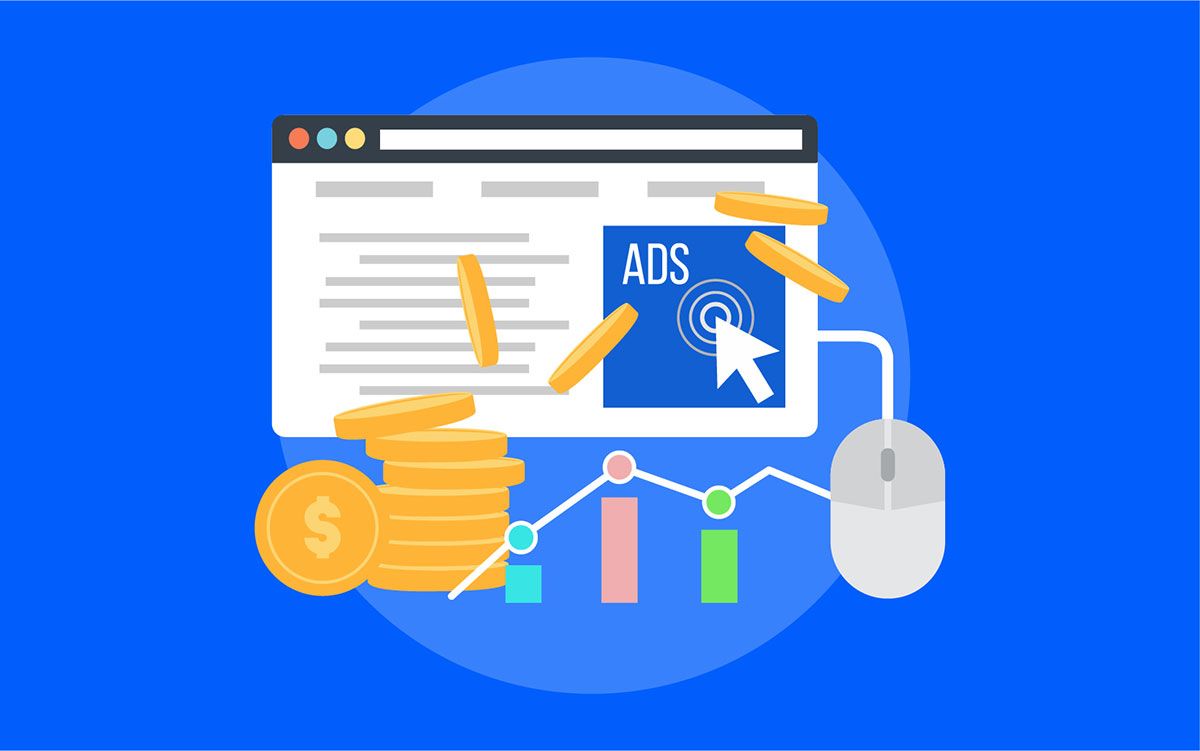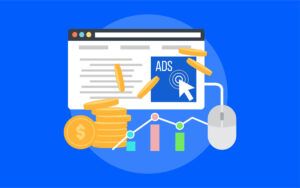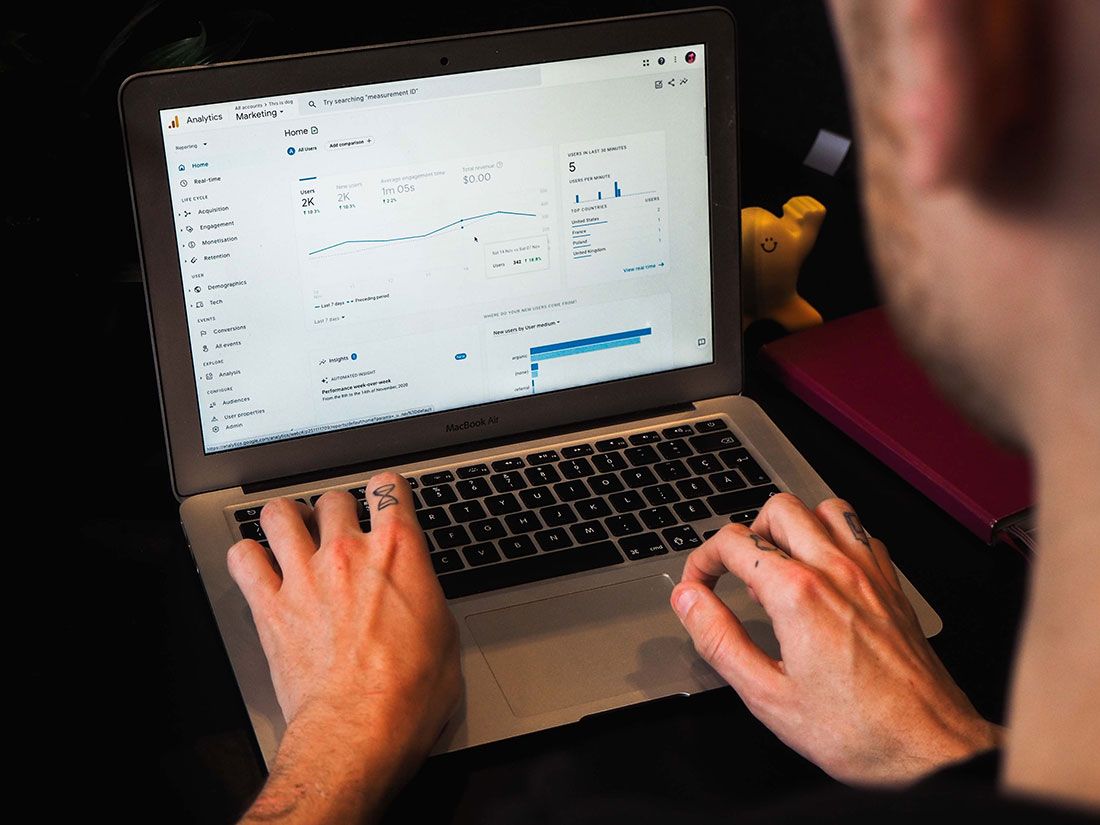You’ve probably heard of PPC advertising if you’re a marketing expert or a business owner looking to raise your online presence and get more traffic to your website. PPC is a form of digital marketing in which advertisers pay a fee each time someone clicks on their ads. Hence the name Pay-Per-Click. In this blog post, we’ll look at PPC advertising, how it works, and some tips to help you get started.
What is PPC advertising?
PPC advertising is a way of advertising on search engines like Google, Bing, or Yahoo! or social media platforms like Facebook or LinkedIn. Advertisers bid on keywords or phrases relevant to their target audience, and their ads are displayed to users who search for those keywords. Ads are also displayed according to the demographic criteria set by the advertiser.
Learn what PPC advertising is and how it works, and get tips for getting started with PPC advertising. For example, if you own a bakery and want to promote your cupcakes, you could bid on the keyword “cupcakes” on Google. When a user searches for “cupcakes” on Google, your ad may appear at the top of the search results page or in the sidebar. If the user clicks on your ad, you pay a fee to Google, hence the name Pay-Per-Click.
PPC advertising can be a very effective way of reaching your target audience, as you can choose who sees your ad based on a range of criteria, such as location, age, gender, interests, and more.
How does PPC advertising work?
PPC advertising works on an auction system. Advertisers bid on keywords or phrases relevant to their target audience, and their ads are displayed to users who search for those keywords or who fit the demographic criteria set by the advertiser. The auction takes place every time a user enters a search query that triggers an ad.
The highest bidder doesn’t always win the auction, however. The ad at the top of the search results page is determined by a combination of the bid amount and the ad’s relevance and quality. Google, for example, uses a metric called Quality Score to determine the relevance and quality of an ad. A high-Quality Score can lead to a lower cost per click (CPC) and a higher ad position.
PPC advertising can be a cost-effective way of reaching your target audience, as you only pay when someone clicks on your ad. However, managing your bids and budgets carefully is important to ensure you don’t overspend or waste money on irrelevant clicks.
Tips for getting started with PPC advertising
Research your target audience and keywords
Before you start bidding on keywords, it’s important to research your target audience and the keywords they’re likely to use when searching for your products or services. Use tools like Google Keyword Planner or SEMrush to find relevant keywords and estimate their search volume and competition.
Write compelling ad copy
Your ad copy should be compelling and relevant to your target audience. Highlight the benefits of your products or services and include a call to action (CTA) to encourage users to click on your ad.
Test different ad formats and placements
Different ad formats and placements can have a big impact on the performance of your ads. Test different formats, such as text ads, display ads, or video ads, and different placements, such as search results pages or social media feeds, to see what works best for your business.
Monitor your campaigns and adjust your bids and budgets
It’s important to monitor your campaigns regularly to ensure they’re performing well and to make adjustments as needed. Use analytics tools like Google Analytics or Facebook Insights to track your performance and adjust your bids and budgets accordingly.
Use negative keywords to refine your targeting
You don’t want your ads to appear for negative keywords. Adding negative keywords to your campaigns can help refine your targeting and avoid wasting money on irrelevant clicks.
Continuously optimize your campaigns
Optimizing your campaigns involves adjusting your targeting, bids, and ad copy based on your performance data. Continuously optimizing your campaigns can help you improve your ROI and maximize the effectiveness of your PPC advertising efforts.
Consider hiring a PPC agency or specialist
If you don’t have the time or expertise to manage your PPC campaigns, consider hiring a PPC agency or specialist. A PPC agency or specialist can help you develop and execute a successful PPC strategy that meets your business goals and drives results.
In conclusion, PPC advertising is a powerful tool that can help you reach your target audience, increase your online presence, and drive traffic to your website. By following these tips and best practices, you can develop and execute a successful PPC strategy that delivers results for your business.









